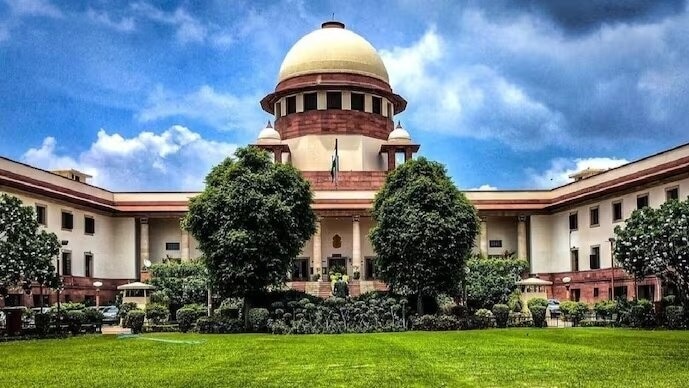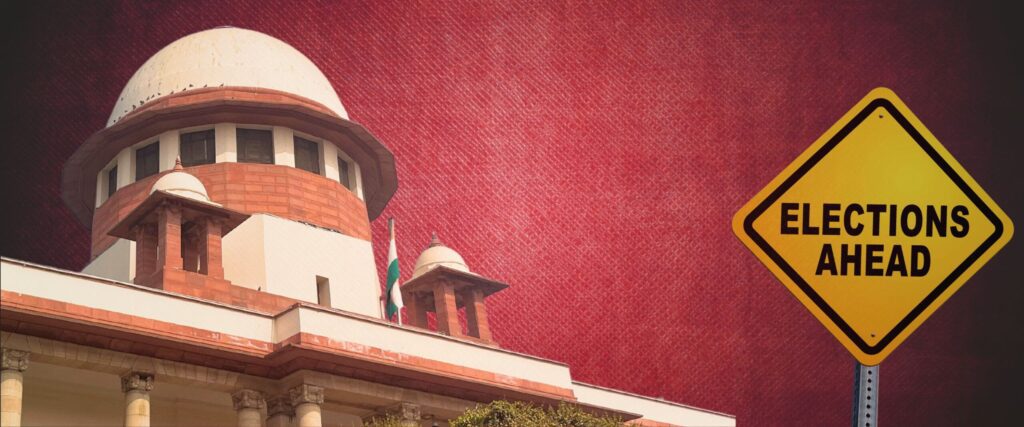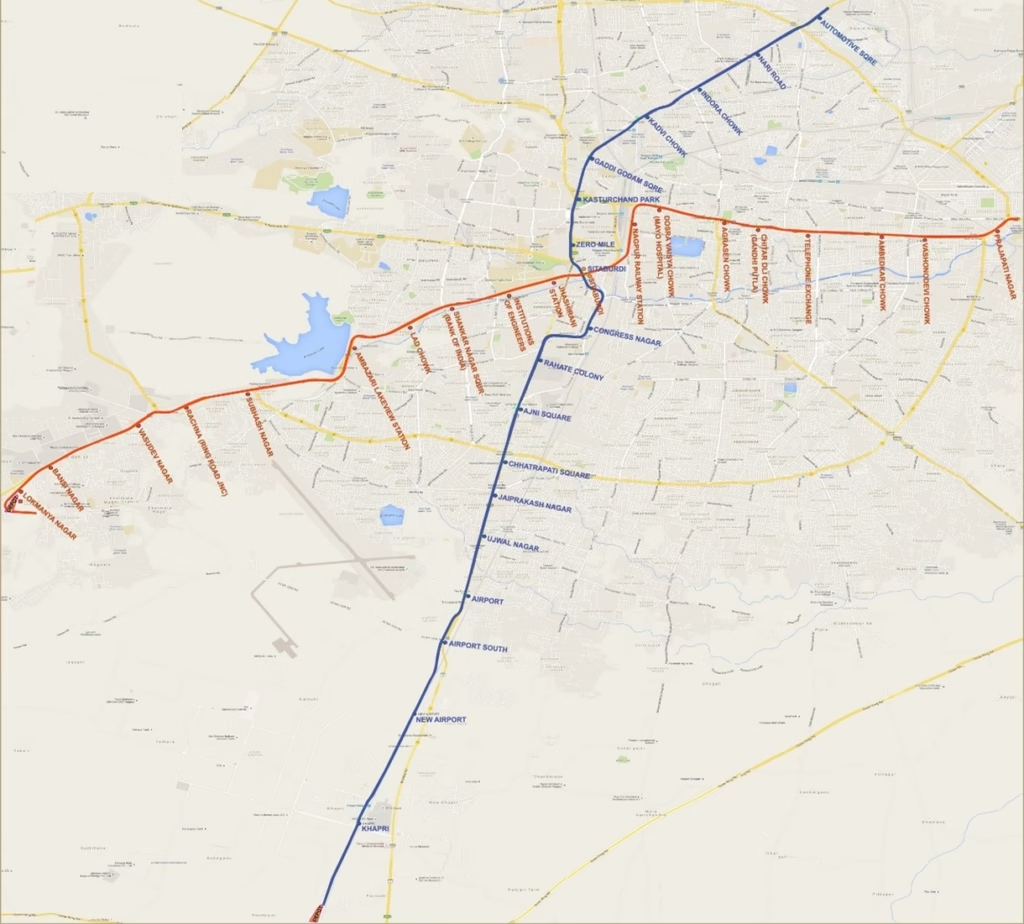Now Reading: Supreme Court Cancels 1,000+ Assistant Professor Appointments in Punjab, Flags Flawed Recruitment
-
01
Supreme Court Cancels 1,000+ Assistant Professor Appointments in Punjab, Flags Flawed Recruitment
Supreme Court Cancels 1,000+ Assistant Professor Appointments in Punjab, Flags Flawed Recruitment

In a major ruling, the Supreme Court has struck down over 1,000 appointments of assistant professors made by two Punjab universities. The court found that the recruitment process violated UGC norms and lacked proper merit-based evaluation. This decision has not only impacted hundreds of teaching staff but also raised serious concerns about the transparency of academic hiring across public institutions.
What the Supreme Court Found
The verdict came after it was revealed that Guru Nanak Dev University (GNDU) and Punjab University had appointed professors through a process that ignored essential University Grants Commission (UGC) guidelines. The selection was reportedly done without properly considering academic scores, eligibility conditions, or reservation norms.
Merit Compromised, Rules Overlooked
The court pointed out that selection committees failed to adhere to a standardized method of evaluation. In many cases, weightage for qualifications, experience, and interviews varied arbitrarily. The bench observed that such irregularities defeated the purpose of a transparent and merit-driven selection process in public universities.
Impact on Faculty and Students
Over 1,000 assistant professors now face uncertainty regarding their jobs. For the students, especially in Tier 2 cities where these universities cater to a large population, the disruption could affect teaching schedules and academic planning. Many are questioning how such large-scale irregularities went unchecked for so long.
Academic Institutions Under Scrutiny
This judgment adds to a growing list of cases where educational institutions have come under the scanner for flawed hiring practices. With a focus on improving higher education in smaller cities and state universities, experts believe this case could prompt a wider audit of recruitment procedures across India.
Reactions and Next Steps
Some affected faculty members have expressed shock, calling the ruling a setback to their careers. However, the court has made it clear that fairness in appointments is non-negotiable. The universities involved are expected to restart the hiring process, this time with stricter compliance.
Conclusion
The Supreme Court’s decision to cancel these appointments is more than a legal verdict—it’s a wake-up call. In a country where education is key to growth, especially in Tier 2 and rural areas, hiring based on clear rules and merit must be the baseline, not the exception.
























